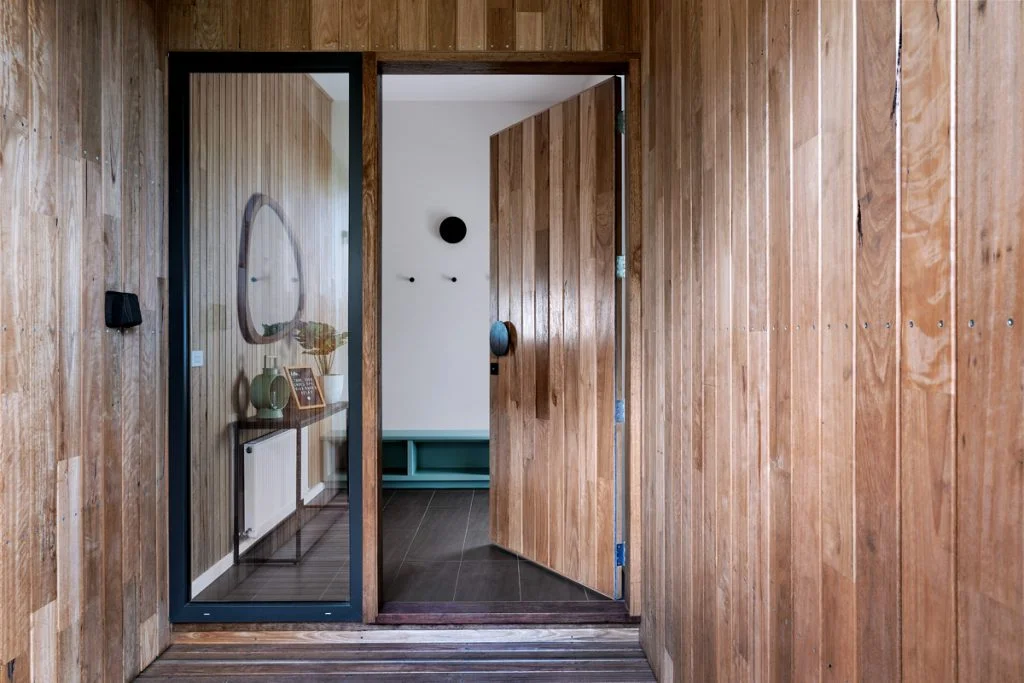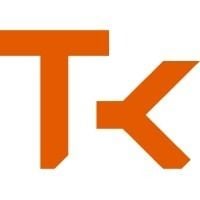-
Australia
Copyright © 2025 Powered by BCI Media Group Pty Ltd
Confirm Submission
Are you sure want to adding all Products to your Library?
Contact Detail

As Australia faces the challenges of climate change and reducing our overall carbon footprint, every aspect of a home’s construction is coming under the microscope.
The energy efficiency of window and door systems is now critical, and rating systems have been developed to help consumers assess different products.
The Window Energy Rating Scheme (WERS) in Australia plays a pivotal role in helping architects, builders and homeowners make informed choices about the windows they install in a new home or apartment or retrofit as part of an upgrade.
Read on to discover exactly what WERS is, the benefits of energy-rated windows, and how Thermotek products align with the WERS rating system.
What is WERS?
The Window Energy Rating Scheme (WERS) is an Australian initiative designed to rate and label windows based on their energy efficiency performance.
The scheme is managed by the Australian Glass and Window Association (AGWA) and is independent of any single manufacturer, ensuring fair, rigorous, and credible performance testing.
The fundamental purpose of WERS is to improve the energy efficiency of windows installed in Australian homes.
It provides consumers with clear and reliable information about the energy performance of different window products, assessing the annual energy impact of windows in various climate conditions across Australia.
How do window manufacturers participate in WERS?
To participate in WERS, window manufacturers must obtain energy ratings for their products from organisations accredited by the Australian Fenestration Rating Council (AFRC).
WERS-rated windows must meet all relevant Australian standards, ensuring that consumers receive high-quality and efficient products.
Benefits of Energy-Rated Windows
Choosing windows with a strong WERS rating offers numerous benefits, including energy savings. High-performance windows reduce the amount of energy needed for heating and cooling, leading to lower utility bills.
Energy-efficient windows also help maintain a consistent indoor temperature, enhancing comfort for occupants.
By reducing energy consumption, high-rated windows contribute to lower greenhouse gas emissions, supporting environmental sustainability.
Given the increasing focus on sustainability in the market, this also means increased property value. Homes with energy-efficient windows often have a higher resale value due to their improved energy performance and comfort.
How do WERS Ratings Work?
Data Submission and Evaluation: The process begins with manufacturers submitting detailed information about their window products to a rating agency. This information includes drawings, CAD files, and material specifications. The rating agency then uses this data to evaluate the energy performance of the windows through a combination of computer simulations and, in some cases, physical testing.
Computer Simulation: Most windows are rated entirely by computer simulation, which is the preferred and most economical method.
The software used for these simulations is the same as that employed by the U.S. National Fenestration Rating Council (NFRC), ensuring international standards of accuracy and reliability. The software has been thoroughly validated against laboratory tests in various climates, both hot and cold.
Physical Testing: Occasionally, unusual or complex window products may require physical testing to establish their basic thermal behaviour. After this initial testing, a second stage of computer simulation follows, using NatHERS (Australia’s Nationwide House Energy Rating Scheme) software, from which the final WERS rating is generated.
How Do Thermotek Windows Align With WERS?
Thermotek is a leading manufacturer of high-performance windows that align with the objectives of the WERS rating system.
With innovative designs and a commitment to quality, Thermotek offers a range of products that meet the stringent requirements of the rating scheme.
We use cutting-edge materials that provide superior insulation and durability, as well as precision engineering. Each window is meticulously engineered to ensure optimal performance and longevity.
Thermotek is dedicated to sustainable manufacturing practices, ensuring that our products are both high-performing and environmentally friendly.
We provide comprehensive product information, including detailed specifications and CAD files, to accredited rating agencies. Using advanced computer simulation software, these agencies assess the thermal performance of each range.
What WERS Rating Do Thermotek Window and Door Systems Receive?
Our window and door systems are rated between 1.2 to 1.9 (WERS) for energy efficiency. They boast world-class sustainable design featuring Aluplast uPVC profiles.
uPVC, or ‘Unplasticised’ polyvinyl chloride, differs from traditional PVC as it does not utilise chemical plasticisers. Instead, it is made up of robust impact modifiers and fillers. This material is strong and versatile, with long, spaghetti-like polymers that intertwine during manufacturing to enhance its strength.
The addition of impact modifiers further binds these strands together, resulting in a highly durable material for construction. uPVC is a remarkable material because it becomes even stronger with recycling. After its first recycling, it is up to 6% stronger, with subsequent recycling continuing to increase its strength, albeit at a decreasing rate.
Thanks to its toughness, uPVC is an excellent material for window and door systems. It also has exceptional insulation properties, which lead to energy efficiency and significantly enhance thermal comfort.
uPVC frames do not conduct heat, effectively preventing high temperatures from entering your home during the summer and reducing the need for air conditioning. Combined with double or triple glazing, uPVC frames can potentially eliminate the need for air conditioning altogether.

What Other Energy-Efficient Elements in Thermotek Windows Help Achieve a Strong WERS Rating?
Thermotek products feature insulated glass units (IGUs) with standard Low-E glazing filled with argon gas, further enhancing energy efficiency.
Thermotek window and door systems are also airtight, with sophisticated sealing against air, wind and rain. Their innovative locking mechanism and high-quality sealing, free of brushes, contribute to the overall airtightness.
Additionally, the stable, concealed hardware of Thermotek products requires minimal maintenance, offering added convenience and durability.
How Do Double or Triple Glazing Windows Contribute to Energy Efficiency?
Glazing plays a major part in energy efficiency. Double or triple glazing provides superior insulation compared to single-pane windows. Thermotek offers both options in all of our ranges, from the Boutique Series to the Smart Slide systems.
Double or triple glazing involves multiple layers of glass separated by a spacer filled with inert gas, creating a barrier that reduces heat transfer between the interior and exterior of a building. This minimises energy loss and improves thermal comfort.
The Argon gas between the glass panes acts as an insulating layer, slowing heat transfer through conduction. Low-emissivity (Low-E) coatings on the glass further enhance insulation by reflecting radiant heat back into the interior while allowing natural light to enter.
Double glazing helps maintain comfortable indoor temperatures year-round, reducing or even eliminating the need for external heating and cooling systems, thus promoting energy efficiency and comfort.
Triple glazing, with an additional glass pane and Argon gas, offers even greater insulation and thermal performance than double glazing. Although it involves a higher initial investment, it maximises energy efficiency and provides enhanced sound insulation, making it ideal for cold climates and buildings in noisy urban environments or near busy roads.
Thermotek Windows Also Help Achieve NCC and NatHERS Compliance
The 2022 update to the Australian National Construction Code (NCC), made it mandatory for new residential works (including apartment buildings) to meet the following guidelines:
Thanks to their energy-efficient properties and sustainable materials, Thermotek helps a project to meet these requirements, as well as a strong WERS rating.
Future-Proof a Home With Thermotek Energy-Efficient Windows
As we’ve seen, the Window Energy Rating Scheme (WERS) is a crucial initiative for promoting energy efficiency in the Australian building industry.
By providing clear and reliable information about the energy performance of windows, WERS empowers consumers to make informed choices that enhance comfort, reduce energy costs, and support environmental sustainability.
Thermotek exemplifies excellence within this framework, offering high-performance products that meet and exceed the stringent requirements of WERS.
As the demand for energy-efficient buildings continues to grow, the role of high-performance windows will become increasingly important.
Get in touch with our dedicated team today to discuss our stylish and sustainable window and door systems. Future-proof your building project with Thermotek.



